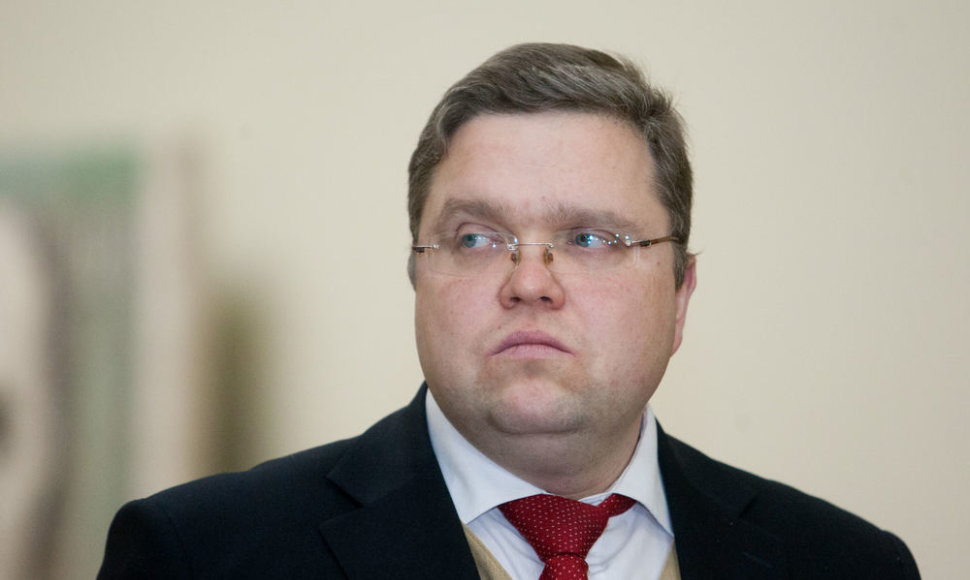Discussions are currently underway on the size of a common resolution fund, Vasiliauskas told BNS in an interview on Thursday.
"Under the European Commission's proposal, it (the resolution fund) is planned as a separate fund to which the (banking) industry itself would contribute. The Commission proposes that contributions amount to 1 percent of insured deposits. Once these payments are collected, the size of the fund would be around 55 billion euros," he said.
The Bank of Lithuania's governor said that the possible size of contributions is still the subject of discussion.
"Member states are now discussing the size of those contributions, and, of course, there are discussions with the industry. Discussions are taking place at the European Parliament. Some want a larger fund, while others want a smaller fund," he said.
Some think that there is no need to have a separate resolution fund, Vasiliauskas says.
"We'll see what the final result is. Lithuania's priority is to have political agreement on the so-called single resolution mechanism by the end of its presidency," he said.
The European Parliament in September endorsed the first element of the banking union, the single supervisory mechanism (SSM).
"The aim is to have the (single supervisory) mechanism working as soon as next year. The aim is to launch it on November 1, 2014," Vasiliauskas said.
Lithuania would automatically become part of the mechanism if it joined the euro zone in 2015.
Admittedly, although Lithuania's banking system is dominated by banks based in countries that are not members of the euro zone, they will nevertheless come under the supervision of the European Central Bank.
"Our banking system is 90 percent controlled by banks which are in the Scandinavian countries, that is, Sweden, Denmark and Norway. Neither Denmark nor Sweden is planning to join the single supervisory mechanism in the near future. However, these international banking groups operate in euro-area countries and will come under the single supervisory mechanism through that anyway," Vasiliauskas said.
He said that three financial groups with operations in Lithuania - SEB, Swedbank and DNB - will fall under direct supervision of the ECB, which will cover the EU's 160 largest and systematically most important banks. However, the Lithuanian subsidiaries of these banks, as well as other banks operating in the country, will remain under the Bank of Lithuania's supervision.
Vasiliauskas said that it is not clear yet when agreement on the third element of the banking union, a single deposit insurance system, could be reached, because the EU's member states have different opinions on this issue.
EU finance ministers and central bank governors discussed the issue of a single resolution mechanism, a key element of the banking system, during their informal meeting in Vilnius earlier this month. Lithuania, which is currently holding the EU's rotating presidency, is seeking agreement among member states to be able to start negotiations with the European Parliament by the end of the year.












